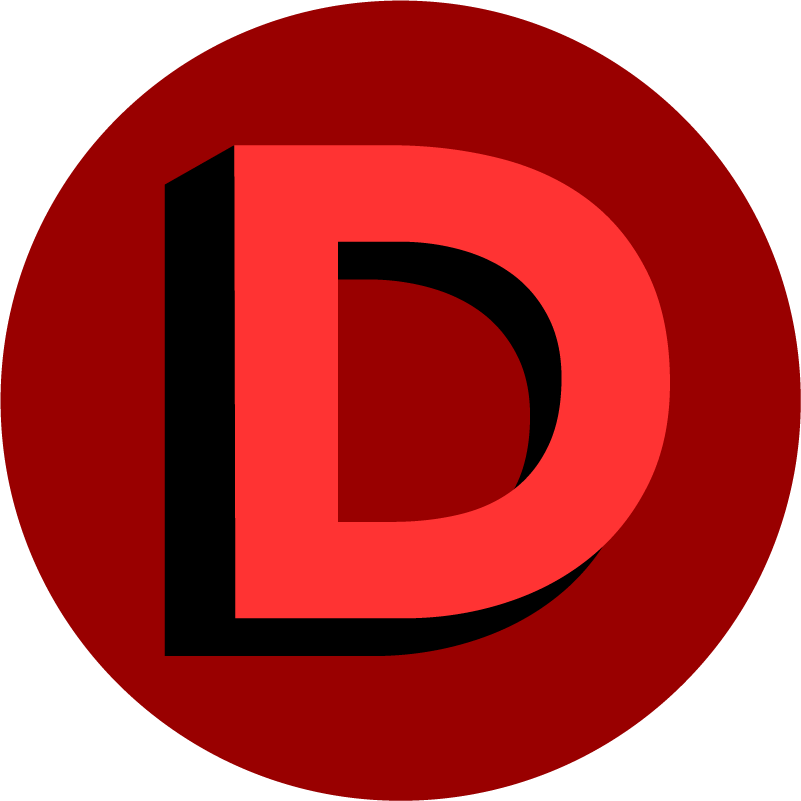Joe Tranquillo on the Digication Scholars Conversations.
Just how big of an impact can a well-designed curriculum have on your students and the world at large, and what exactly does crafting one involve?
Joe Tranquilo is the Associate Provost for Transformative Teaching and Learning and Professor of Biomedical Engineering at Bucknell University, and he joined us for a conversation on why curriculum design matters when it comes to equipping students for success in an increasingly interdependent world.
The conversation ranges from talking about systems and frameworks, liberal arts philosophy, global education, the role that higher education plays in creating a world with great citizens who have the skills necessary to solve difficult problems that affect all of us, and more.

Principles for Designing a High-Impact and Meaningful Curriculum
The world is constantly changing and is now more connected than ever, and those who live in it have greater opportunities for success if they are equipped with the skills and abilities to deal with the uncertainties that modern life brings. This is where higher education can play a key role in a learner’s life, and it all starts with a well-designed curriculum.
Joe talked about his 3 Pillars — effectively, the high-level principles that inform his educational approach:
- Genuine Care for Others
- Being a Good Steward of Your Environment
- Continuous Investment Yourself
“How do you treat another person as a person?” Joe asks. A key part of designing an impactful curriculum involves helping students develop empathy and the ability to build and sustain relational connections that aren’t just transactional. Skills and abilities matter, but the effect of being a capable and empathetic citizen with those skills and abilities provides greater opportunities for making a positive impact on society at large.
Being a good steward of one’s environment doesn’t simply mean one’s physical natural environment, but branches into categories such as family, classes, community, and the like — how will a person’s decisions impact those environments, as well as in relation to other environments? "That's where things get to be tricky and it's where a lot of times issues come,” Joe says. “Well, I could do something that's great for my family, but it may not be so good for my community,’ right? How do you actually think through that? And the idea is, okay, well, you need some tools, you need some ideas and frameworks to help you think through those difficult questions and come up with your own decision."
Helping students develop the ability to invest in themselves continuously involves providing them with the tools necessary to become lifelong learners, better understand who they are, and harness what excites them.
At the center of Joe’s 3 Pillars is purpose — “What is your purpose?” Joe likes to ask. To go deeper pedagogically, he expands his question and extends it to educators, asking, "how do we give students the tools that they need to go deeper in each of these areas?"
Systems, Frameworks, and Processes
Reflecting on his thoughts when seeing his students graduate, Joe asks, "There's always this moment that I find myself having, where I go, 'did I teach them enough?' And I always have to catch myself that if it's about the quantity of things that I taught [my students], I've failed."
He points out that the systems, frameworks, and processes that educators teach students matter more than the specific subject matter and content that they provide because those three things are ultimately more useful and resistant to obsoletion than any subject matter that they may cover.
"It doesn't matter what where you are or what it is that you're trying to do… having a process helps you navigate uncertainty,” Joe says. “Frameworks help you navigate uncertainty, and the world is not becoming more certain. If anything, it feels like it's becoming less certain and the folks who have an appreciation, I think, for frameworks and processes are going to be able to navigate in a way that the folks who don't have them won't."
The Role of Higher Education in Solving Modern Society’s Problems
As the world becomes more interdependent, education becomes more global in its outlook. Learners are not only becoming more cognizant of the many issues that affect modern society, but they are also looking for purpose, meaning, and the ability to be effective in their respective roles in it.
Higher education can and should play a key role in facilitating all of that, and it starts with not losing sight of the reason why. "If we [focus on] the university piece of it, our job is, again, to go back to the very beginning of this piece to… educate great citizens," Joe points out. Unfortunately, this isn’t always the case in academia as it stands today, and work remains to be done in many respects.
"The hope is [that] long-term, if you have systemic education change, that this begins to change the way business leaders think, change the way politicians think… change the way folks design new technologies."
Want to hear more from Joe Tranquilo?
Dive deeper into the principles for effective curriculum design, his thoughts on systems, frameworks, and processes, the powerful impact higher education can have on society and on dealing with modern issues, and more — listen to the full episode here.
Don’t miss an episode — subscribe to the Digication Scholars Conversation podcast by clicking here
